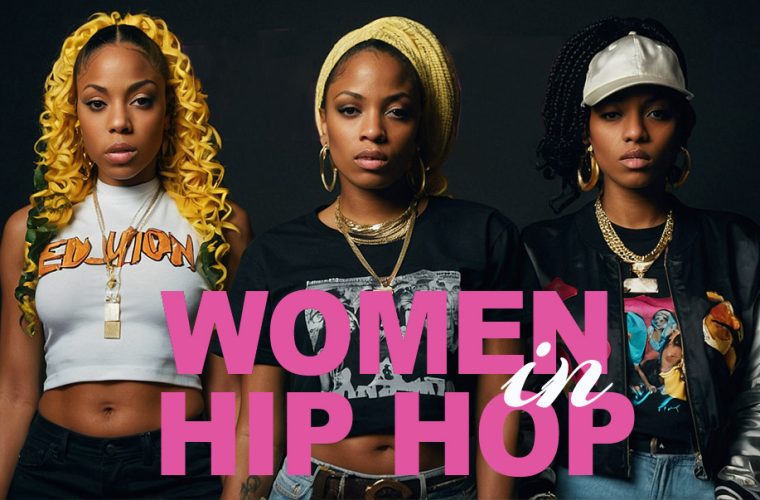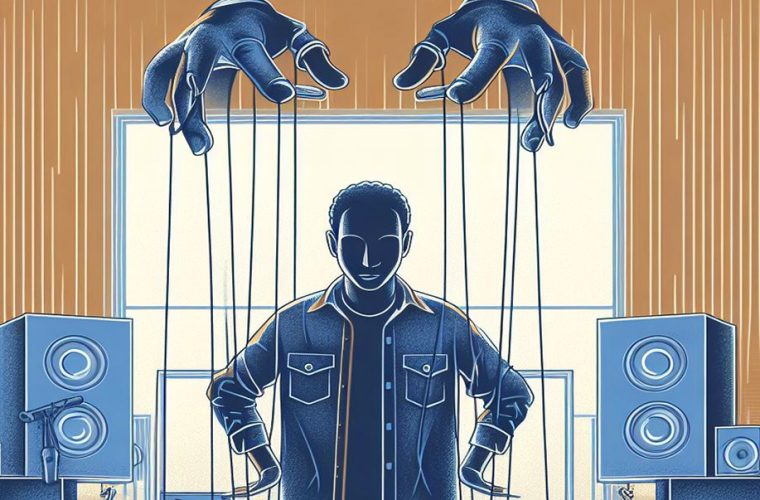
INDUSTRY 101: Should You Sign Over Your Music Publishing Just to Get a Record Deal?
Getting a record deal as an up-and-coming artist can feel like hitting the jackpot. Major labels promise fame, fortune, and the chance to share your music with the world. But most of these deals also require signing over your music publishing – the copyrights to your songs – to the label. Is it worth giving up those rights just for the chance at fame?
In most cases, the answer is no. Music publishing is an extremely valuable asset for songwriters. It gives you creative control over how your work is used, as well as a share of the royalties whenever your song is played, recorded, licensed, or otherwise commercially exploited. Signing away your publishing to a label means losing out on that passive income stream. It’s especially risky for new artists, since statistically most record deals don’t lead to strong album sales or chart success.
There may be some scenarios where temporarily licensing or assigning your publishing makes sense:
• If the label is offering an unusually high advance or recording budget in exchange for publishing rights. This gives you the finances to launch your career.
• If they have a track record of successful artist development and will actively pitch your songs to other recording artists. This expands your exposure.
• If you can limit the term of the publishing deal, with full rights reverting to you later. Look for 1-3 years max.
The most important thing is never to sign away your publishing forever if you can avoid it. Music careers take unexpected turns, and you want to retain control of your copyrights for the long haul. Explore compromises like co publishing deals instead of full sign overs. Get experienced entertainment lawyers to review any contracts. With smart protections, you can get the benefits of a label deal without having to give up your most valuable assets for your entire career.
How to Protect Your Publishing Rights in Record Deals:
If you decide to sign an agreement involving your music publishing, there are steps you can take to limit the rights you give up.
Negotiate for a co publishing split so you retain ownership of a portion of the copyrights. Be wary of 50/50 deals. Although they are common, Granting rights to your biggest assets for 50% or more can really hurt you down the road.
Make sure you control administration rights so you choose the publishing company handling your royalties. Don’t let the label force you to use their publisher.
Limit the territory and term of any publishing transfers. Your music rights should revert back to you after a short period.
Carve out exclusions like print rights and sync licensing so you can monetize your songs in other mediums.
Get reversion clauses to end the deal if the label doesn’t adequately promote your work.
Build in an advance recoupment cap so you actually see royalty money.
Audit rights let you examine the label’s accounting books to confirm proper payment.
The more restrictive you can make the publishing deal, the better. Never assume you’ll get huge album sales that justify relinquishing ownership. Savvy artists retain as much control as they can.
Bottom line: weigh any upfront monetary gain against the future income streams you’re losing. Your music publishing will be your most valuable asset over the long run. Protect those rights, and find label deals that let you retain creative control. With good representation and compromises, you can achieve that coveted record contract without excessive publishing sacrifices.
What’s Considered a Minimal Publishing Split?
When negotiating a co publishing deal with a record label, what percentage of your publishing rights is reasonable to sign over? Most music attorneys advise trying to keep your share above 80%.
Giving up 20% or less of your publishing royalties and copyright control can be considered minimal enough to secure a decent recording contract without sacrificing too much ownership. This allows the label to share in the success of your songs, while still ensuring you keep the lion’s share of income and creative control.
Aim even lower if you can – 10% or 15% publishing transfers are ideal for new artists without much leverage. Established musicians with hit albums may be able to keep 95% or more of their publishing profits.
Be very wary of deals seeking 50/50 or even greater publishing splits from you. Those are weighted too far in favor of the label, depriving you of future royalty earnings. Granting rights to your biggest assets for too low a price today can really hurt you down the road.
Only consider going above 20% publishing if the label is offering unusually generous recording terms or substantial cash advances. The higher the percentage you give up, the more scrutiny your attorney should apply to the rest of the contract.
With the right compromises, you can find a deal structure that helps launch your career without betting too much of your musical rights on unstable record sales. Protecting at least 80% of your publishing leaves you well-positioned for long-term creative and financial success.
The Pros and Cons of Co publishing Deals for Artists.
Co publishing agreements allow artists to split ownership of their music publishing rights with record labels and other partners. Under these deals, both sides share in the royalties and control over how songs are commercially used. For artists, co publishing can provide benefits like bigger recording budgets and wider exposure for their music. But it also means sacrificing a portion of your creative control and income. How do you know if it’s the right move?
Potential Advantages of Co publishing:
• Access to more recording funds based on the expected value of your songs. Labels may offer higher advances.
• Opening doors through the label’s industry connections for licensing, sync placements, cover versions, and more.
• Their publishing team can pitch your catalog for placements you couldn’t get alone.
• You retain partial copyright ownership rather than assigning it entirely to the label.
• After the term ends, your full share of rights revert back to you.
Potential Disadvantages:
• Losing a percentage (often 50%) of your publishing income during the deal. Less passive royalties.
• Relinquishing some creative control over how your songs get used commercially.
• Potentially being locked into an unfavorable long-term contract.
• The label’s publishing arm may not pitch your songs aggressively enough.
• Audit and accounting hassles splitting pub royalties.
As with any music business agreement, the specific terms matter most. Co publishing can favor artists or labels depending on the negotiated contract details. Weigh the immediate benefits against the future income streams you’ll be splitting. And secure experienced legal help to ensure your rights are protected. With the right deal structure, co publishing can provide resources to grow your career without selling off your most valuable assets entirely. We can’t emphasize enough on how important it is to retain a music attorney to guide you through the process on what’s right for you.



